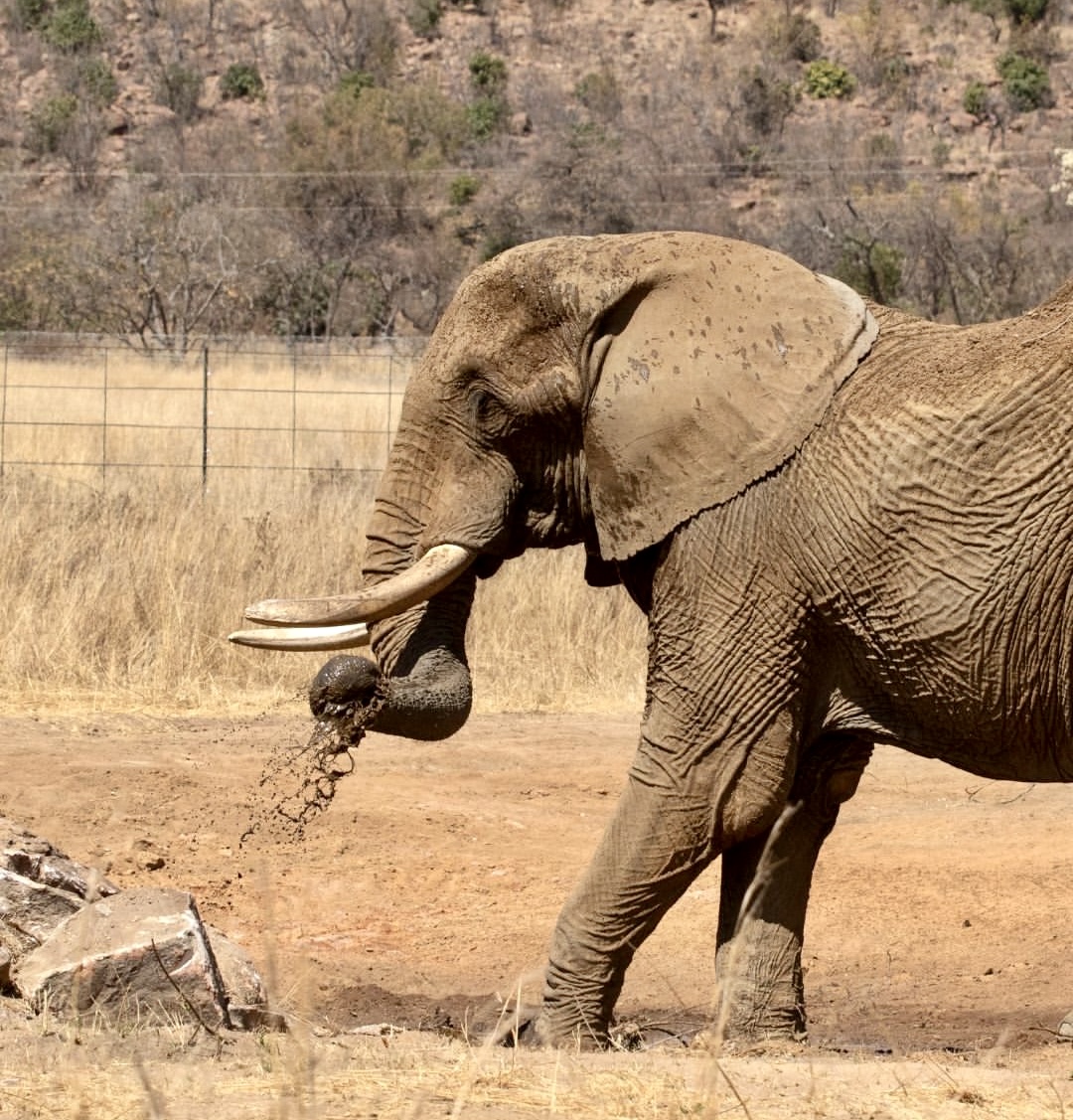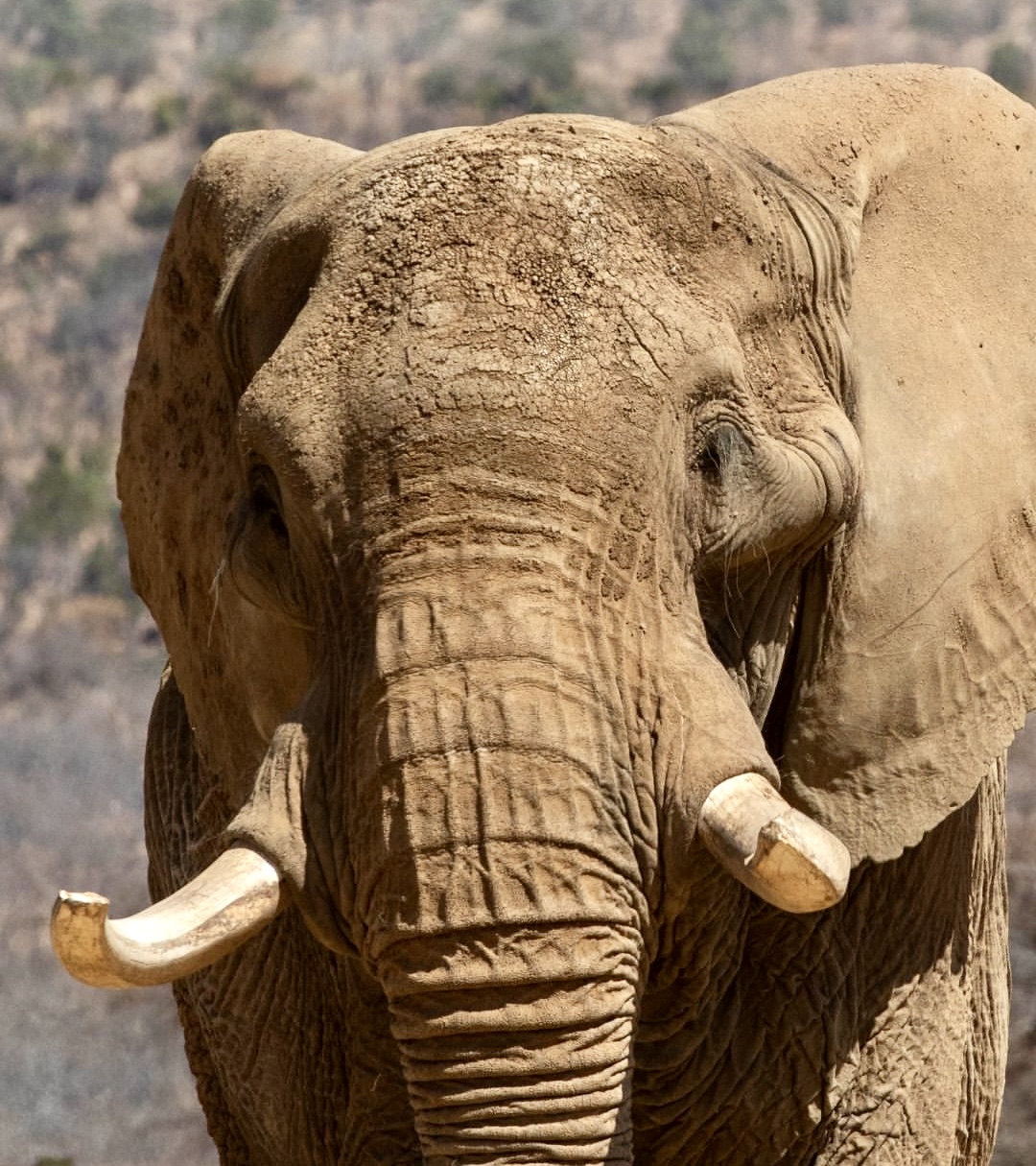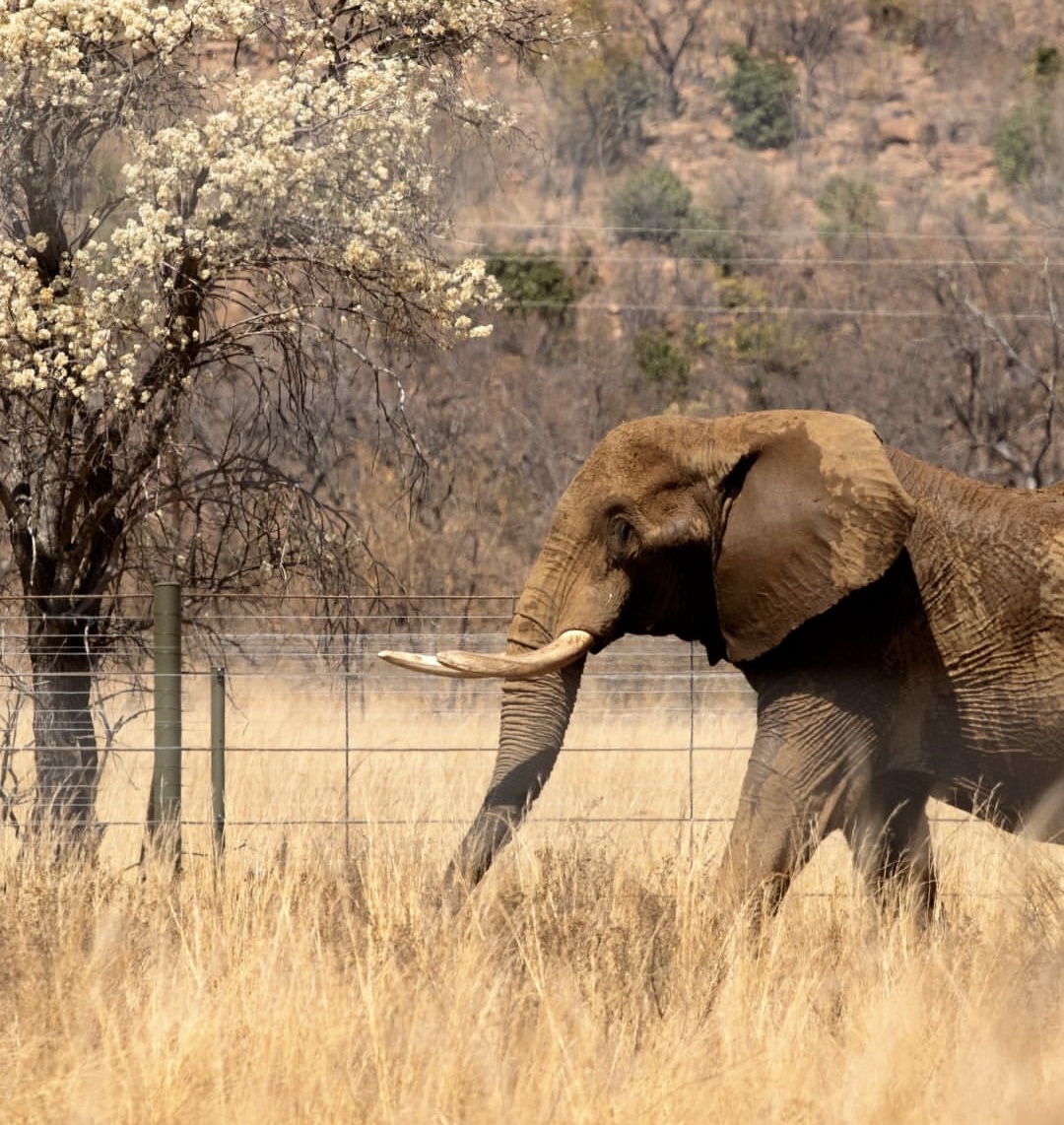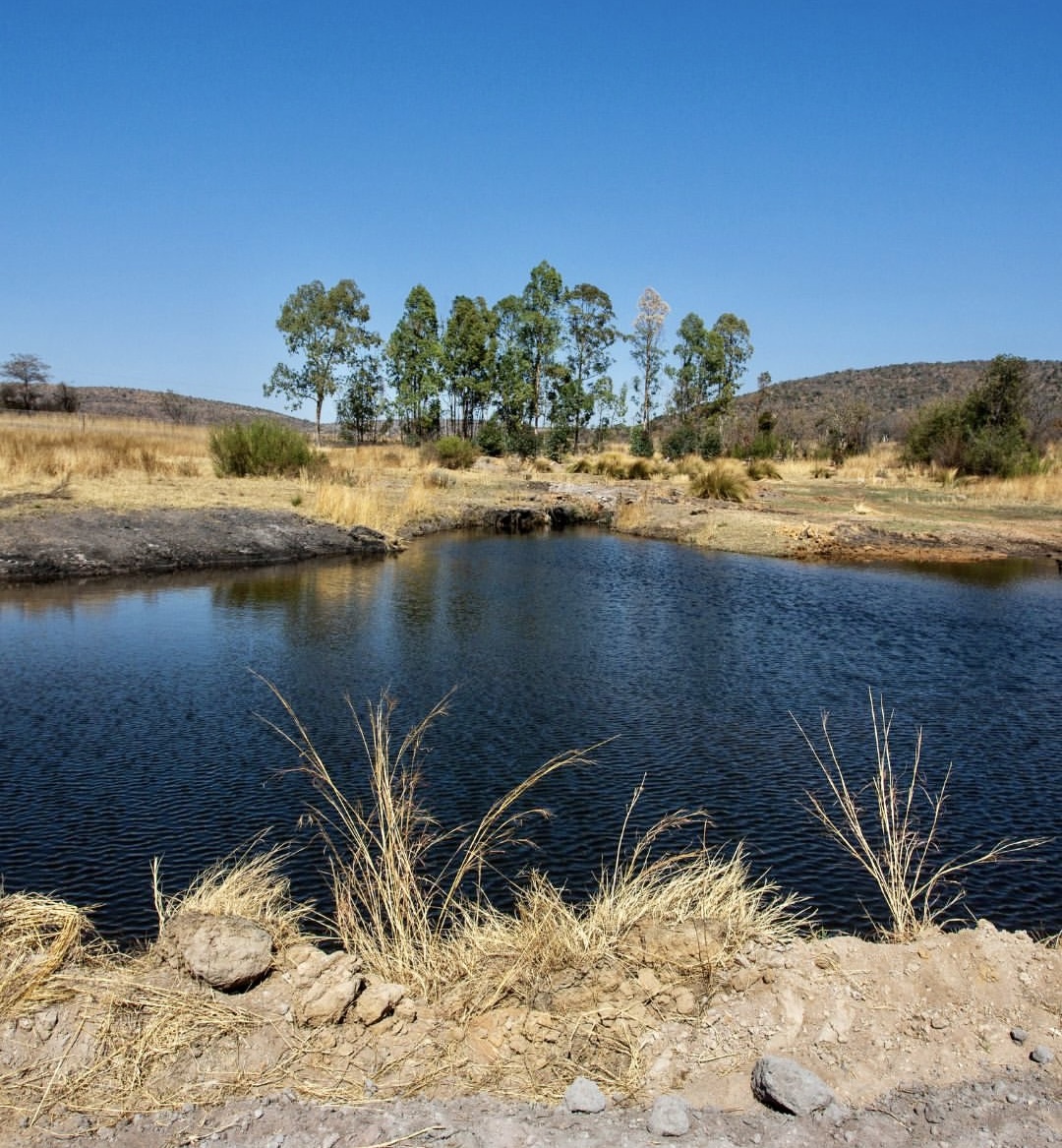Rescued Elephant Charley Released Into New Enclosure To Experience The Savanna For The First Time
Photos by: FOUR PAWS /Hristo Vladev
We are thrilled to announce that Charley, the 42-year-old African elephant who was recently rescued after enduring 40 years in captivity, has been released into his new enclosure at the Shambala Private Game Reserve in South Africa.
Charley now has access to one hectare of land where he can freely roam and forage in the savanna. He is gradually being introduced to his new environment through a special feeding and trust-building program, which is designed to prepare him for a life in the wild. An expert team from FOUR PAWS, along with his future caretakers at Shambala, are overseeing his transition.

Thankfully, Charley is quickly adapting to his newfound freedoms after being saved from a lifetime of abuse for human entertainment in a circus and zoo.
“Charley is a very special elephant. He is a fast learner and adapts really well to his new environment. Charley has already built a strong bond of trust with the new caretakers. With every day, he is starting to behave more and more like a wild elephant,” said Dr. Marina Ivanova, a FOUR PAWS veterinarian. “It is simply beautiful to see that he has already started communicating with the other elephants in the reserve from afar. Last week, he trumpeted for the very first time and used his trunk to pour water over his head. Yesterday, he has enjoyed his first mud bath since being in captivity for over four decades. It is with great joy that we are watching him settle in so well.”

As reported by WAN last month, Charley was born in Hwange National Park, Zimbabwe, but his life took a tragic turn when he was captured as a young elephant, along with nine others. In 1984, he was sent to the Boswell Circus, where he performed for 16 years. In 2001, he was moved to the Pretoria Zoo, where he lived until his recent rescue.
Over the past 23 years, Charley has witnessed the deaths of his four elephant companions and has shown signs of distress, such as repetitive head swaying—a behavior often observed in captive elephants.
His new enclosure includes a pool and a mud bath, which are crucial for elephants’ skincare. This enclosure is a key step toward his eventual release into the 12,000-hectare reserve, where he will have the option to join one of the two elephant groups or live alone. Preparing Charley for this transition requires ongoing effort. He is currently being trained to return to his safe space within the enclosure, which will be important for future veterinary examinations.

“In the wild, elephants walk up to 150 kilometers per day,” said Dr. Marina Ivanova. “We are helping Charley to gradually build the necessary muscles for his release into the entire reserve. He is on a special diet to gain weight for his new life in the wild. We are also teaching him how to pick fresh branches from trees, which are important for his digestion. His favorite food is pumpkins, which he devours rapidly.”
The suffering Charley endured throughout his life has left deep wounds that are now beginning to heal. His nails, which have developed deep cracks from inappropriate care, require special attention. In Shambala, Charley has already begun caring for his feet by rubbing them on rocks, similar to wild elephants.

For his final release into the full reserve, Charley, who currently weighs five tons, still needs to gain at least another hundred kilograms. To support this, he is fed a rich diet of up to 130 kg of seasonal vegetables, fruits, hay, and branches each day.
We are overjoyed for Charley as he begins this new chapter of his life and gets a second chance at freedom. We will continue to follow his journey as he learns to live as a wild elephant once again.